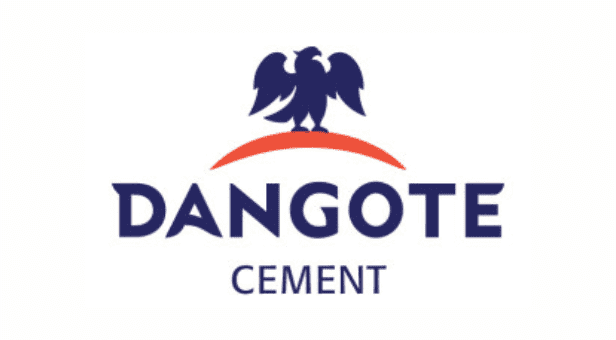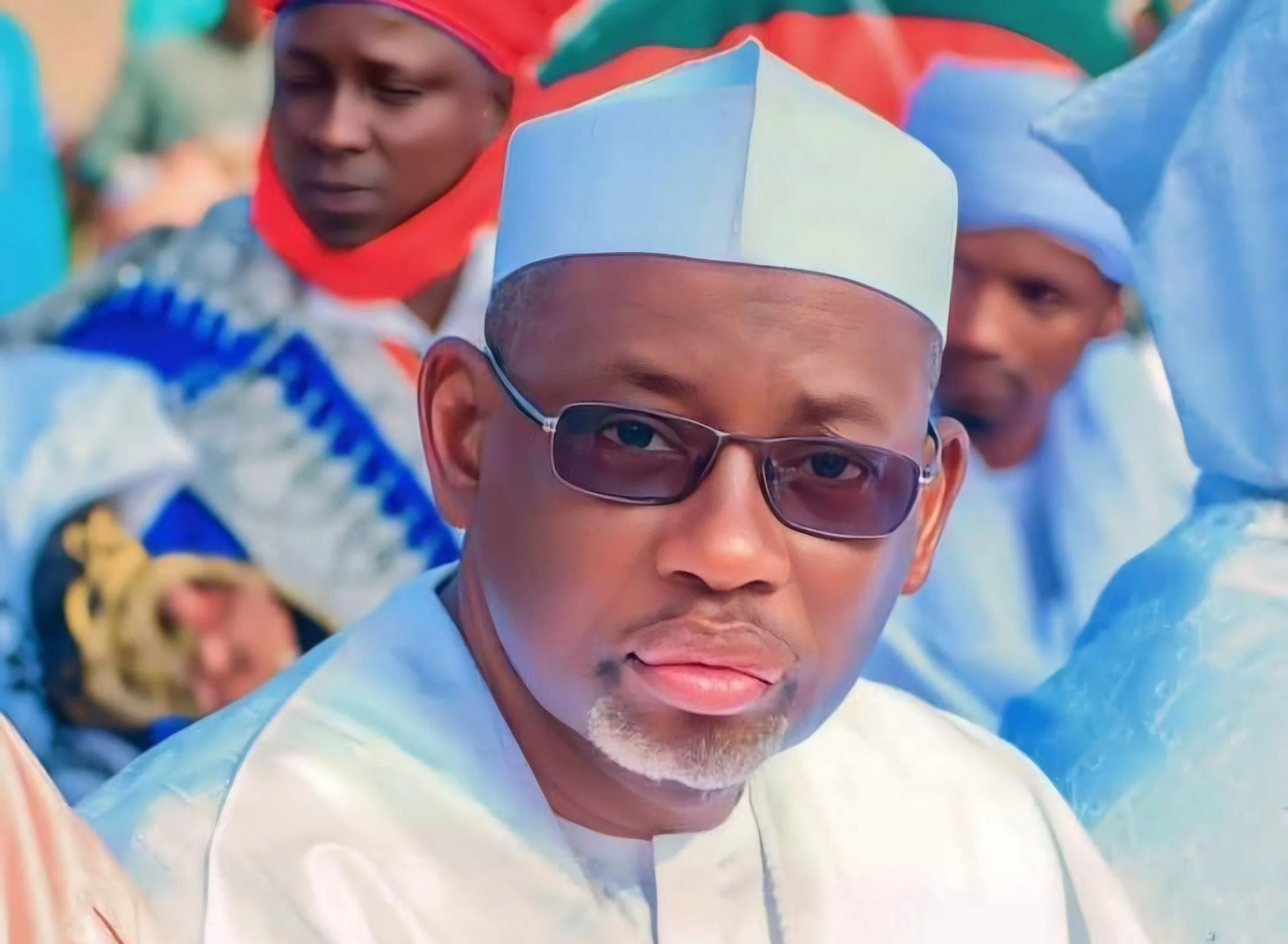
Cement makers in Nigeria are adding more burden to prospective homeowners in the country amid high inflation by increasing cement prices in response to overwhelming demand.
BUA Cement, which at N2.421 trillion is Nigeria’s fourth-biggest company by market value, is the latest in the fray having chosen to up the factory price of the product by about N200 per bag, contrary from an earlier vow not to raise prices.
The product now sells anywhere between N3000 and N4000, marketers have told PREMIUM TIMES.
BUA Cement reported a profit after tax of N72.3 billion last year. The firm assured Nigerians in April that it would not scale up the factory price of its product.
“BUA Cement Plc, in the past two days, has been inundated with calls seeking clarification as to whether it is part of a purported price increase of N300 per bag,” its management said in a Twitter statement.
“BUA Cement wishes to inform the public, its distributors, and stakeholders that it has not and does not intend to increase its price of cement now or in the near future, barring any material unforeseen circumstances.
“Whilst we are aware that demand for cement is high with current supply levels not sufficient to meet this increased demand, we do not believe the solution lies in an increase in ex-factory price of cement, especially not at this period.”
In June, the cement maker in a statement to distributors reassured Nigerians of its fidelity to easing the economic meltdown by giving its due in the form of retaining cement price at its pre-July level as the country rebalances from its second recession in four years.
“BUA is also of the firm belief that the current retail prices of cement are higher than normal, hence our earlier communication not to increase ex-factory prices in the foreseeable future,” the document said.
“As a responsible corporate entity, we refuse and reject associations with any actions that are deemed capable of projecting any industry we operate as a cartel…
“The timing is not right for any increase on BUA’s part, and we do not have any justifiable business reason to increase our prices (ex-factory) anytime soon. We, therefore, urge our distributors not to panic as well as not engage in any arbitrary hike in the retail price of BUA Cement.”
But a market survey by PREMIUM TIMES shows BUA cement prices have risen in the retail market, and marketers blame the increase on their depot price.
A dealer of the product at Lugbe Airport Road, Abuja, who identified himself as Mr Great said, “the fact is that they are not telling the public the truth. They increase the price literally from time to time.”
“Previously we have been getting at the rate of N3,000 and later N3,300 from the depot. That is the situation now.
“We sold at the rate of N3,200, later N3,300 and presently it is N3,400. So, anyone that is telling you that the price of cement is stable, that person is not telling the truth.”
Two other dealers in Abuja confirmed to PREMIUM TIMES the current price at N3,400, while another put the price at N3,500.
When contacted for clarification, Ortega Ogra, a representative of BUA Cement, ended the call and did not respond to a text message seeking comment.
The chairman of BUA Cement Company, Abdul-Samad Rabiu, said in Abuja on Thursday that cement prices will crash if Nigeria has more producers to meet local demand, according to the News Agency of Nigeria.
“The high price of cement is of great concern for me; the price is actually high. We are 210 million or 220 million people, 30 million tonnes of cement per annum is actually low for us,” Mr Rabiu said at the annual general meeting of his company.
“No one can really control the price because it depends on demand and supply. We are trying hard to ensure the price is not as high as it is now. Nigeria is growing with a huge economy; we need more plants on stream to cater to the rising demand of cement in the country. Egypt produces 85 tonnes of cement per annum and the demand of cement in that country is just 50 million tonnes per annum. And that is why prices of cement in Egypt are the lowest on the African continent,’’ Mr Rabiu said.
Source: Premium Times


